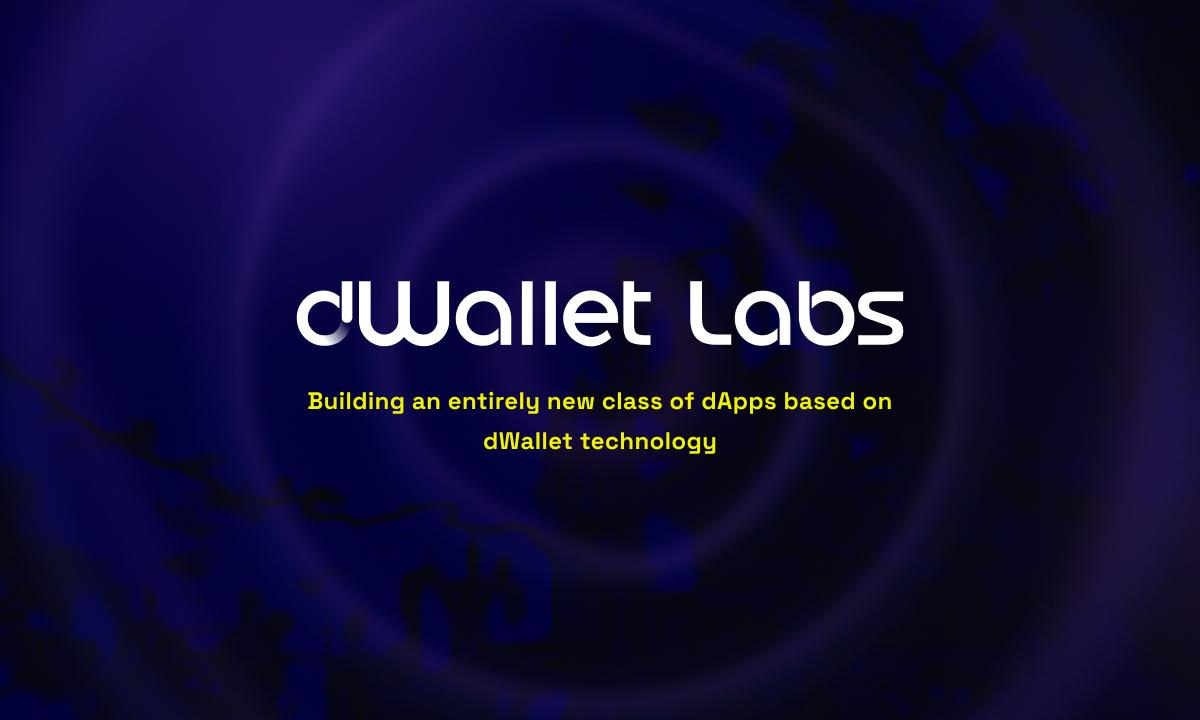
dWallet Labs Reveals Research To Bring First Scaleable MPC to Web3 – With Thousands of Parties and Unprecedented Speed
Tel-Aviv, Israel, June 29th, 2023, Chainwire
dWallet Labs, a cybersecurity company specializing in blockchain technology, today announced the release of Tiresias – a work that allows for massive-scale threshold Paillier settings with thousands of parties to be applicable in real-world scenarios, opening the possibility of performing MPC between thousands of participants in a trustless way – as part of the development of the Odsy Network and the dWallet primitive. The implemented code released with the paper demonstrates how thousands of parties can perform thousands of operations within seconds.
MPC and threshold cryptography is used by many financial institutions and users in Web3 to secure assets and remove the single point of failure that private keys create. MPC protocols used in Web3, mostly generate ECDSA signatures (which is the most widely used signature algorithm in blockchains today) with a threshold of parties instead of one private key.
Existing state-of-the-art Threshold ECDSA protocols such as Lindell’s protocol (Lindell 17) Gennaro and Goldfeder’s protocols (GG18, GG20) and MPC-CMP are utilized across solutions such as custodians (e.g. Fireblocks, Copper), wallet providers (e.g. Coinbase, ZenGo) and distributed networks (e.g. Thorchain, Qredo).
“The problem with MPC protocols like these is that they either require a trusted setup or are limited by performance to a very small number of participants” said Yehonatan Cohen Scaly, CTO at dWallet Labs and Co-Founder of Odsy Network. “The premise of Web3 is that the only way to be trustless is with strong decentralization, so having a small number of participants is just as unacceptable as having to trust one entity”.
Today, MPC implementations are limited to a very small number of participants, usually in the single digits. The promise that MPC holds for Web3 has not been fully unlocked yet due to this limit on decentralization. THORChain allows for the most parties with a threshold of ⅔ of up to 20 participants – which is still very far from being decentralized.
Web3 projects who try and implement MPC in the context of a permissionless network (e.g. ICP, THORChain, Lit Protocol etc.), end up implementing the MPC outside of the permissionless settings, in a very small subset of parties.
The reason for the limitation on the number of MPC participants lies in the complexity of communication. Existing state-of-the-art MPC protocols require unicast communication between participants, i.e. every participant needs to communicate with every other participant, meaning a quadratic growth in complexity with every participant that is added – or O(n²), which leads to a very low cap on the number of participants.
“Blockchains are built on top of a consensus layer that only exposes a reliable broadcast channel. This presents a massive challenge to integrate MPC protocols that require unicast communication into a blockchain setting.” said Dolev Mutzari, VP of Research at dWallet Labs and co-author of the Tiresias paper. “With Tiresias, unicast communication can be replaced by broadcast communication, remaining true to a blockchain design while also reducing the complexity of communication from quadratic to linear – or O(n) – potentially opening the door to threshold protocols with hundreds, thousands or even tens of thousands of participants”
Generating a single ECDSA signature in MPC today takes minutes even for a relatively small number of participants (10 or 20), and existing algorithms don’t support batching of signatures, so for example generating 1,000 signatures with 20 participants will take days, which means it’s not applicable to real world scenarios. When increasing the number of participants to hundreds, it is infeasible to generate even a single signature, which explains why no decentralized network can generate threshold ECDSA signatures with the state-of-the-art MPC algorithms.
Today, dWallet Labs released an open source implementation of Tiresias in pure Rust, which is the first threshold Paillier implementation that doesn’t rely on a trusted dealer. The released benchmarking demonstrates unprecedented results with 100 decryptions by 100 parties in 1.5 seconds, and 1,000 decryptions by 1,000 parties in 266 seconds. This opens up, for the first time, a path for a large-scale permissionless network to generate threshold ECDSA signatures.
“In order to make the vision of dWallets and the Odsy Network a reality, there are several breakthroughs we had to achieve, and the first one was dramatically increasing the number of participants in threshold protocols.” said Omer Sadika, CEO of dWallet Labs and Co-Founder of Odsy Network. “We are very excited and immensely proud of our research team for this achievement, and we’re looking forward to sharing more breakthroughs we have achieved on our way to building the world’s first decentralized access control layer to all of Web3.”
To learn more about dWallets and the Odsy Network visit odsy.xyz.
ABOUT DWALLET LABS
dWallet Labs Ltd., based in Tel Aviv, Israel, a cybersecurity company specializing in blockchain technology, is heading the research and development efforts behind the Odsy Network, with the mission of building protocols and solutions on top of the Odsy Network and providing professional services and support for other organizations building on the Odsy Network. The team possesses deep knowledge and expertise in cybersecurity, cryptography and blockchain technology. Learn more at dwalletlabs.com.
ABOUT ODSY NETWORK & DWALLETS
The Odsy Network provides a secure, programmable, decentralized access layer to all of Web3 through dynamic, decentralized wallets (dWallets). dWallets are bound to Wallet dedicated smart contracts that enable the management of access control and privileges of the dWallets, and the implementation of any protocol on top of the Odsy Network. The Odsy Network is a security-first blockchain that allows for multi-chain interoperability with programmable and transferable wallets. Learn more about Odsy and dWallets at odsy.xyz
